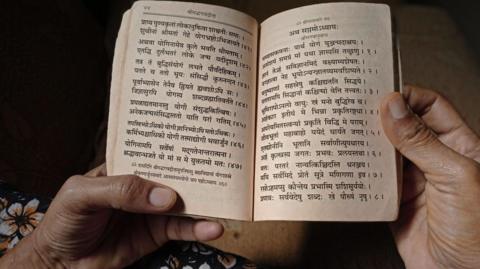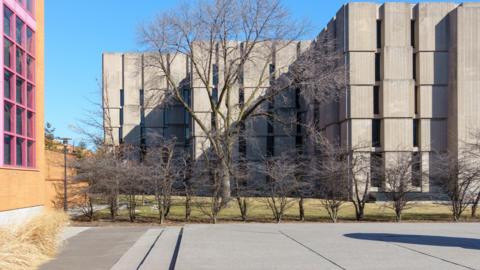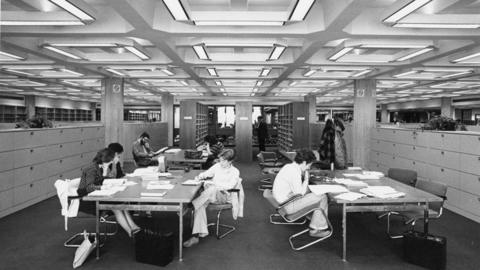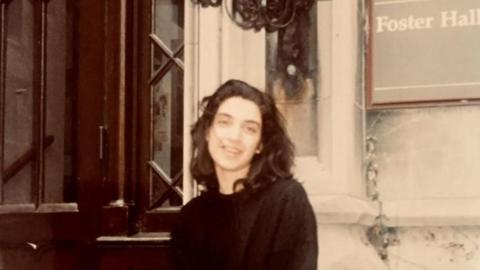In 1996, Ananya Vajpeyi, a history doctoral student, discovered the fabled South Asia collection of books at the University of Chicago's Regenstein Library.
"I've spent time in some of the leading South Asia libraries of the world, at Oxford and Cambridge, Harvard and Columbia. But nothing has ever matched the unending riches held at the University of Chicago," Ms Vajpeyi, now a visiting professor at India's Ashoka University, told me.
The 132-year-old University of Chicago houses more than 800,000 volumes related to South Asia, making it one of the world's premier collections for studies on the region. But how did such a treasure trove of South Asian literature end up there?
The answer lies in a programme called PL-480, a US initiative launched in 1954 under Public Law 480, also known as the Food for Peace, a hallmark of Cold War diplomacy.
Signed into law by President Dwight D Eisenhower, PL-480 allowed countries like India to buy US grain with local currency, easing their foreign exchange burden and reducing US surpluses. India was one of the largest recipients of this food aid, particularly during the 1950s and 1960s when it faced severe food shortages.
The local currency funds were provided at minimal cost to participating US universities. These funds were used to purchase local books, periodicals, phonograph records, and "other media" in multiple Indian languages, enriching collections at over two dozen universities. Institutions like the University of Chicago became hubs for South Asian studies as a result. (Manuscripts were excluded due to Indian antiquity laws.)



